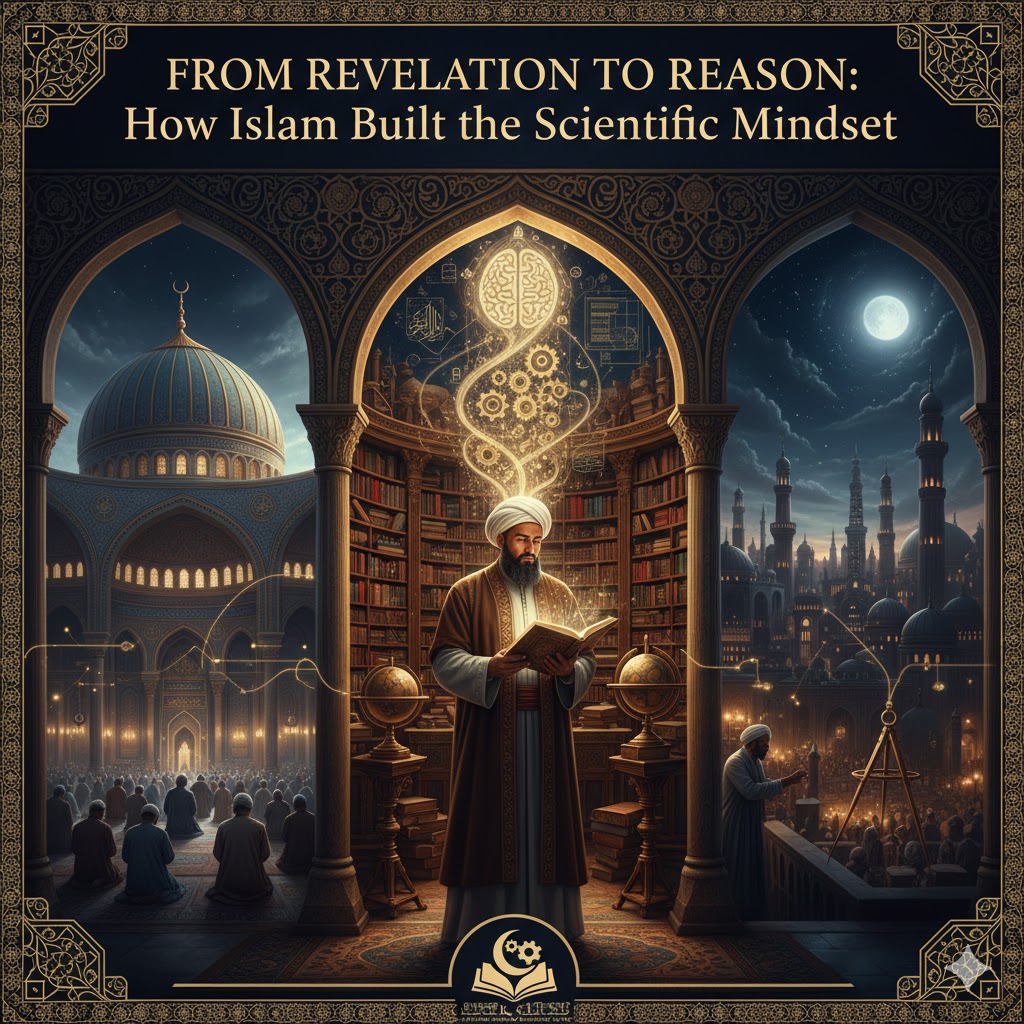Introduction
Jabir ibn Hayyan, known in the Western world as Geber, was an 8th-century Persian alchemist, chemist, and philosopher whose work significantly impacted the development of chemistry and the scientific method. His innovative approaches and theories contributed to the foundation of modern chemistry, yet his contributions are often overlooked in historical narratives. This article explores Jabir ibn Hayyan’s life, his groundbreaking achievements, and his enduring legacy in science.
Early Life and Background
Jabir ibn Hayyan was born around 721 CE in the city of Tus, in present-day Iran. Little is known about his early life, but he was educated in various fields, including philosophy, mathematics, and medicine. His education and intellectual environment played a crucial role in shaping his scientific inquiries and pursuits.
Major Contributions and Achievements
Founding Chemistry
Jabir ibn Hayyan is often regarded as the father of chemistry due to his substantial contributions to the field. His work marked a significant departure from the mystical and speculative aspects of alchemy, focusing instead on experimental methods and systematic study. His contributions include:
- Development of Laboratory Techniques: Jabir introduced several laboratory techniques that became standard practice in chemistry. He described methods for distillation, sublimation, and filtration, which are fundamental to chemical experimentation.
- Chemical Substances and Processes: Jabir’s writings include detailed descriptions of various chemical substances, including acids, alkalis, and salts. His work on the preparation and properties of acids such as hydrochloric acid and sulfuric acid was groundbreaking.
- Theoretical Foundations: Jabir developed early theories on the nature of matter and chemical reactions. He proposed the concept of the “universal solvent” (alcohol) and described the process of chemical transformation, laying the groundwork for future chemical theory.
Contributions to Alchemy
While Jabir is celebrated for his contributions to chemistry, he also made significant advancements in alchemy. His alchemical writings, often shrouded in symbolic language, provided insights into the preparation of various substances and the transformation of materials.
- Philosophical Alchemy: Jabir’s alchemical work was deeply philosophical, focusing on the purification and transformation of substances. His writings explored the relationship between physical and spiritual transformation.
- Influence on Later Alchemy: Jabir’s alchemical theories influenced later European alchemists and contributed to the development of modern chemistry. His ideas were studied and expanded upon by prominent figures in the Renaissance.
List of Major Works
Jabir ibn Hayyan authored a substantial number of works, many of which were influential in the development of chemistry and alchemy. Some of his notable books include:
- “Kitab al-Kimya” (The Book of Chemistry) – This seminal work outlines Jabir’s theories on chemical substances and processes, including his concept of the “universal solvent.”
- “Kitab al-Sab’een” (The Book of Seventy) – A comprehensive work on alchemical processes and the preparation of various substances.
- “Kitab al-Zahra” (The Book of the Blossom) – Focuses on the preparation and properties of chemicals, including acids and alkalis.
- “Kitab al-Ma’ al-Tafsir” (The Book of Water and Its Interpretation) – Explores the properties and uses of water in chemical processes.
- “Kitab al-Malihin” (The Book of Stones) – Describes the properties and uses of different minerals and stones in alchemical practice.
- “Kitab al-Hariq” (The Book of Burning) – Discusses methods of distillation and sublimation, providing insights into early chemical techniques.
- “Kitab al-Tahsil” (The Book of Accomplishments) – Details Jabir’s approach to chemical reactions and transformations.

Legacy and Influence
Jabir ibn Hayyan’s contributions to science and alchemy were highly influential but largely forgotten in the Western scientific tradition until the 19th century. His works were translated into Latin and studied by European alchemists and chemists, impacting the development of modern scientific methods.
Revival of Interest
In recent years, there has been a renewed interest in Jabir ibn Hayyan’s work, particularly in the context of the history of science and the contributions of Islamic scholars to Western knowledge. His innovations in laboratory techniques and chemical theory are increasingly recognized as pivotal in the history of science.
Challenges and Resilience
Jabir ibn Hayyan’s work was not without challenges. His writings were often met with skepticism and faced obstacles due to the mystical nature of alchemy. Despite these challenges, his rigorous approach to experimentation and systematic study helped establish the foundations of modern chemistry.
Future Prospects
Jabir ibn Hayyan’s legacy continues to be explored and appreciated by historians of science and chemists alike. His contributions to the field of chemistry are being increasingly recognized as integral to the development of scientific methodology and laboratory practices.
Conclusion
Jabir ibn Hayyan, or Geber, remains a monumental figure in the history of science whose pioneering work laid the groundwork for modern chemistry. His contributions to laboratory techniques, chemical theory, and alchemical practice have had a lasting impact on the scientific world. By revisiting his life and achievements, we gain a deeper appreciation of the historical roots of chemistry and the enduring legacy of this remarkable scholar.
References
- “Jabir ibn Hayyan: The Father of Chemistry” by [Author], [Publisher], [Year].
- “The Legacy of Islamic Science” edited by [Editor], [Publisher], [Year].
- “Alchemical Studies and Innovations” by [Author], [Publisher], [Year].
- Historical and Scientific Journals for detailed accounts of Jabir ibn Hayyan’s contributions and impact.










